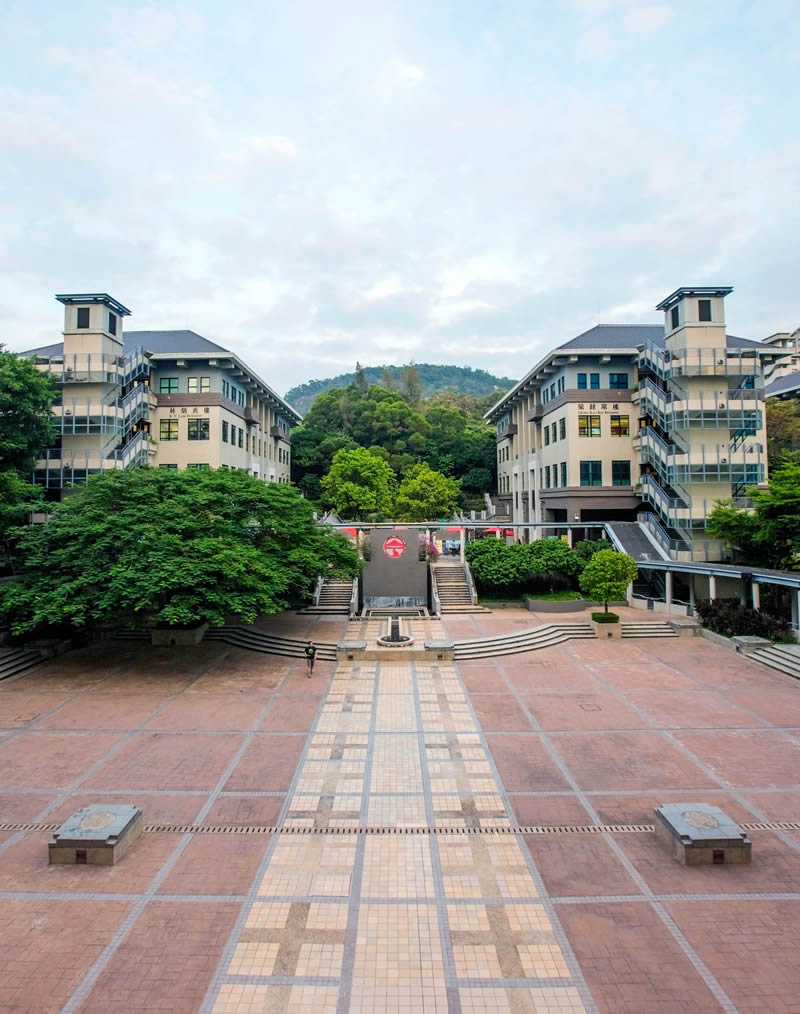Opportunities
-
The growing recognition of liberal arts education in the region testifies to the increasing public awareness of its merits. The emergence of Asia liberal arts institutions with both strong brands and enviable resources (Yale-NUS College, NYU Shanghai, and Duke Kunshan, among others) is a testament to this emerging trend.
- Many Lingnan students come from grass-root families, and they are well positioned to experience, and benefit from, the transformative power of liberal arts education. The success of these graduates will demonstrate the added value of their studies at Lingnan and publicise the worth of liberal arts education.
- The Global Scholar Programme, initiated by Lingnan, was developed by the Global Liberal Arts Alliance to honour the Alliance's best undergraduate students. This initiative not only enables the selected Lingnan students to broaden their international outlook and enrich their scholarly pursuit, but also encourages the exchange of international experience with other students.
- The establishment of the Science Unit under the Core Curriculum and General Education Office facilitates the planning, development and provision of general science education for Lingnan's undergraduate students irrespective of their majors.
- Under a framework of structured exchanges, Lingnan can diversify its Summer School offerings by engaging scholars from its benchmarked institutions to teach in the University.
- The 50th anniversary of Lingnan in Hong Kong serves to promote the University.
Threats/Challenges
-
The research block grant, based on performance in the RAE and Research Grants Council grants, can critically shrink Lingnan's UGC funding and reduce its resources for teaching and learning.
- The University faces increased competition from emerging liberal arts institutions in Asia with both strong brands and resources.
- The enrolment cap imposed by the UGC has limited Lingnan's admissions flexibility, hence constraining the University's growth and development.
- The retention of top-tier academic staff at various levels is a challenge, as Lingnan strives within the local context (i.e., keen competition in research performance) to shape an institutional environment and culture that is conducive to liberal arts education and scholarship.
- Maintaining a balance between teaching and research that befits Lingnan's commitment to liberal arts education is a challenge that impinges on faculty morale.
- As pointed out in QAC's quality audit report, the University needs to fully adopt an outcome-based approach to teaching and learning by thoroughly implementing "criterion-based assessment." Furthermore, the University needs to focus on benchmarking its academic standards against local, regional and international institutions.
- As a small institution engaged in building up its reputation, Lingnan faces challenges in its fund-raising efforts.
- The Community College (CCLU) and Lingnan Institute for Further Education (LIFE) of the University face the threat of shrinking demand for sub-degree programmes as a result of demographic changes and keen competition.


